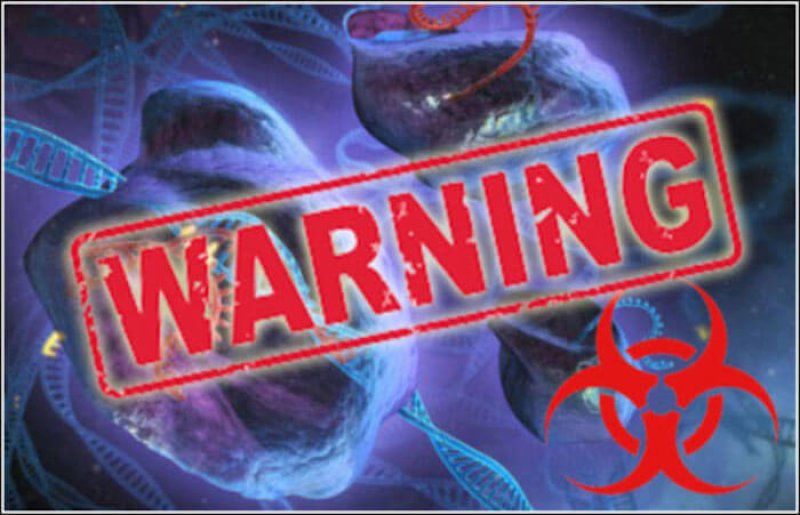[Editor’s note: The authors of a controversial report in Nature in May 2017 suggested that the popular CRISPR gene-editing technique could result in hundreds of unintended mutations. It was received with skepticism by scientists but anti-biotechnology advocacy groups widely circulated the conclusions, even though it was based on just three mice, and some companies using the technology plunged 15 percent or more. They have now reversed their findings after conducting additional research. Read the GLP’s take on the controversy here.]
—
Our previous publication suggested CRISPR-Cas9 editing at the zygotic stage might unexpectedly introduce a multitude of subtle but unintended mutations, an interpretation that not surprisingly raised numerous questions. The key issue is that since parental lines were not available, might the reported variants have been inherited? To expand upon the limited available whole genome data on whether CRISPR-edited mice show more genetic variation, whole-genome sequencing was performed on two other mouse lines that had undergone a CRISPR-editing procedure. Again, parents were not available for either the Capn5 nor Fblim1 CRISPR-edited mouse lines, so strain controls were examined. Additionally, we also include verification of variants detected in the initial mouse line. Taken together, these whole-genome-sequencing-level results support the idea that in specific cases, CRISPR-Cas9 editing can precisely edit the genome at the organismal level and may not introduce numerous, unintended, off-target mutations.
…
A reasonable concern about unintended effects of CRISPR-Cas9 across the genome and potential associated adverse events if used clinically has been met with limited whole genome sequencing to date…On the other hand, examination of additional CRISPR-treated mice created with a different methodology did not show an excess number of unintended variants potentially introduced by CRISPR-Cas9 gene editing procedure…Thus the use of same-strain control mice in the original study may not, by itself, explain the excess of variants detected in the previously studied CRISPR-treated mice…Although further analysis is needed…injection approach may allow for CRISPR-Cas9 gene editing without genome-wide mutations, and suggest a path towards clinically viable CRISPR-based gene editing, including studies to optimize precision and experimentally confirm genome-wide safety.
Read full, original post: Corrigendum and follow-up: Whole genome sequencing of multiple CRISPR-edited mouse lines suggests no excess mutations.































